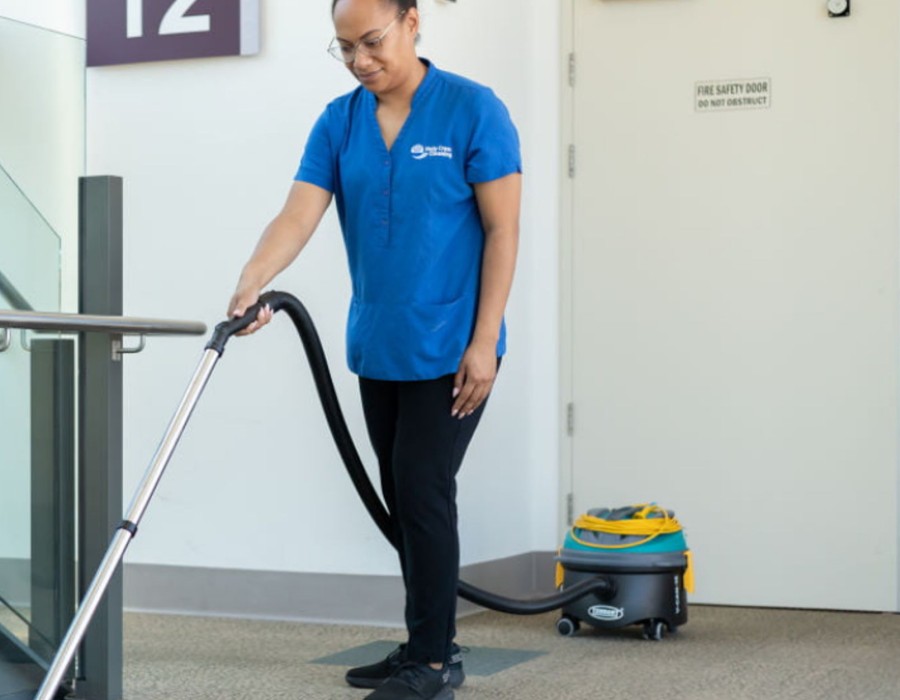Infection control is paramount in medical clinics cleaning services to ensure the safety of patients, staff, and visitors. Regular cleaning plays a crucial role in maintaining a hygienic environment and preventing the spread of infections.
Introduction
Medical clinics are environments where patients with various health conditions seek treatment, making them susceptible to infections. Effective infection control measures are vital to minimize the risk of spreading diseases within these facilities. Regular cleaning forms the cornerstone of infection control protocols, as it helps eliminate pathogens that can linger on surfaces and contribute to healthcare-associated infections (HAIs).
Types of Cleaning in Medical Clinics
- Daily Cleaning: Routine cleaning tasks performed daily include dusting, vacuuming, and disinfecting commonly touched surfaces such as doorknobs, counters, and waiting areas.
- Terminal Cleaning: This thorough cleaning process is conducted periodically in patient rooms and procedure areas after a patient with an infectious disease has been treated or discharged. It involves disinfecting all surfaces and equipment to prevent cross-contamination.
- Specialized Cleaning: Certain areas in medical clinics, such as operating rooms, require specialized cleaning techniques and disinfection procedures to maintain sterile conditions.
Benefits of Regular Cleaning for Infection Control
- Reduction of Pathogens: Regular cleaning reduces the presence of pathogens on surfaces, lowering the risk of infections spreading among patients, staff, and visitors.
- Improved Air Quality: Proper cleaning practices, including ventilation and air filtration, contribute to better indoor air quality, which is crucial for respiratory health.
- Enhanced Patient Safety: A clean environment instills confidence in patients and their families, reassuring them of the clinic's commitment to their well-being.
- Compliance with Regulations: Medical clinics must adhere to strict hygiene and sanitation standards mandated by health authorities. Regular cleaning ensures compliance with these regulations.
- Cost Savings: Preventing infections through regular cleaning can lead to reduced healthcare costs associated with treating HAIs and complications.
5 FAQs About Cleaning and Infection Control in Medical Clinics
How often should high-touch surfaces be cleaned in medical clinics?
High-touch surfaces should be cleaned and disinfected multiple times a day, especially in areas with heavy patient traffic, such as waiting rooms and nurse stations.
What disinfectants are effective against healthcare-associated infections?
Disinfectants approved by health authorities, such as quaternary ammonium compounds or bleach-based solutions, are effective against a wide range of pathogens found in medical settings.
Why is terminal cleaning important in medical clinics?
Terminal cleaning is crucial to prevent cross-contamination and ensure that patient rooms and procedure areas are thoroughly disinfected after treating infectious patients.
How can cleaning protocols be improved to enhance infection control?
Implementing standardized cleaning protocols, providing staff training on proper cleaning techniques, and using advanced cleaning equipment and technology can significantly enhance infection control efforts.
What role do environmental services staff play in infection control?
Environmental services staff are integral to infection control in medical clinics as they are responsible for maintaining cleanliness, disinfecting surfaces, and implementing infection prevention protocols.
Conclusion
In conclusion, regular cleaning is indispensable for infection control in medical clinics, safeguarding patients, staff, and visitors from healthcare-associated infections. By implementing stringent cleaning protocols and utilizing effective disinfection practices, clinics can create a safer and healthier environment for everyone. Holy Cross Services exemplifies the importance of reliable cleaning services in medical facilities, ensuring compliance with hygiene standards and promoting optimal patient care outcomes. Their dedication to maintaining cleanliness underscores the critical role of professional cleaning services in healthcare settings.




.jpg)

Comments